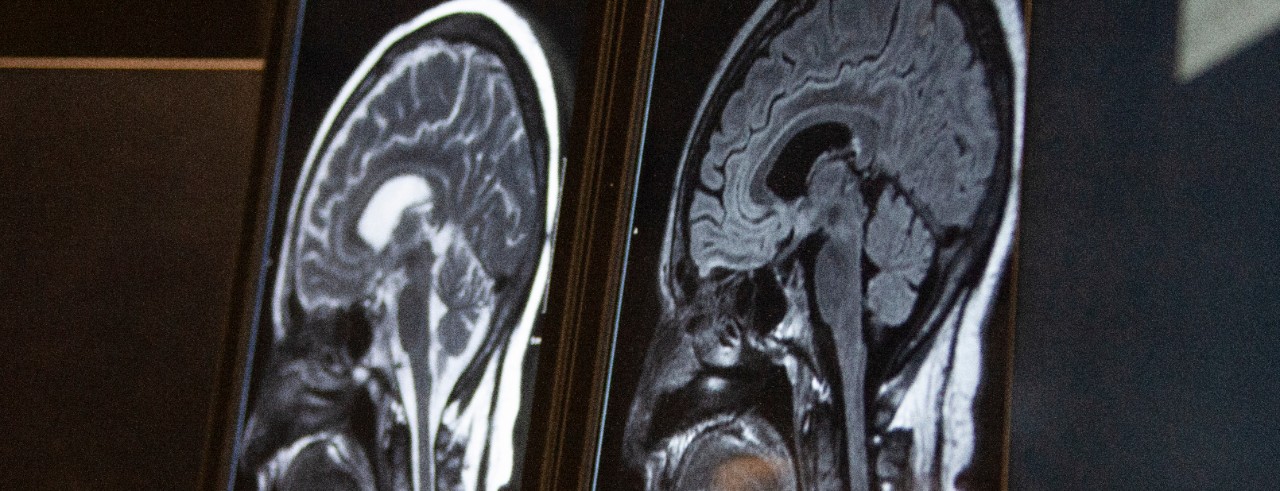
Reuters Health: Stroke treatment effective for patients with disability, dementia
The American Heart Association and American Stroke Association have published new guidance stating people with a disability or dementia who experience a stroke should receive appropriate treatment, which could allow for a return to prestroke levels of function.
The researchers explained that subgroups of patients, such as those with pre-existing disability, were not included in early trials that helped develop endovascular thrombectomy (EVT), or the removal of a blood clot using imaging guidance, as a standard of care for stroke treatment. However, new data shows comparable safety to perform EVT on patients with dementia or disability.
Stacie Demel, DO, PhD, assistant professor of clinical neurology and rehabilitation medicine in the University of Cincinnati College of Medicine and a UC Health physician at the UC Gardner Neuroscience Institute, commented on the statement for Reuters Health.
"Prior to referring a patient for EVT, an understanding of a patient's baseline functional status plays a central role in the decision regarding taking a patient for (the) procedure," Demel said. "Blindly excluding patients with physical disability or dementia will result in inequitable stroke treatment across populations. However, in lieu of strong evidence to either treat or defer treatment, it is the obligation of the treating physician to be cognizant of bias and to engage and educate the patient and/or the family in decision making."
Read the Reuters Health article.
Featured photo at top of MRI brain scan. Photo/Ravenna Rutledge/University of Cincinnati.
Related Stories
Love it or raze it?
February 20, 2026
An architectural magazine covered the demolition of UC's Crosley Tower.
Social media linked to student loneliness
February 20, 2026
Inside Higher Education highlighted a new study by the University of Cincinnati that found that college students across the country who spent more time on social media reported feeling more loneliness.
Before the medals: The science behind training for freezing mountain air
February 19, 2026
From freezing temperatures to thin mountain air, University of Cincinnati exercise physiologist Christopher Kotarsky, PhD, explained how cold and altitude impact Olympic performance in a recent WLWT-TV/Ch. 5 news report.
